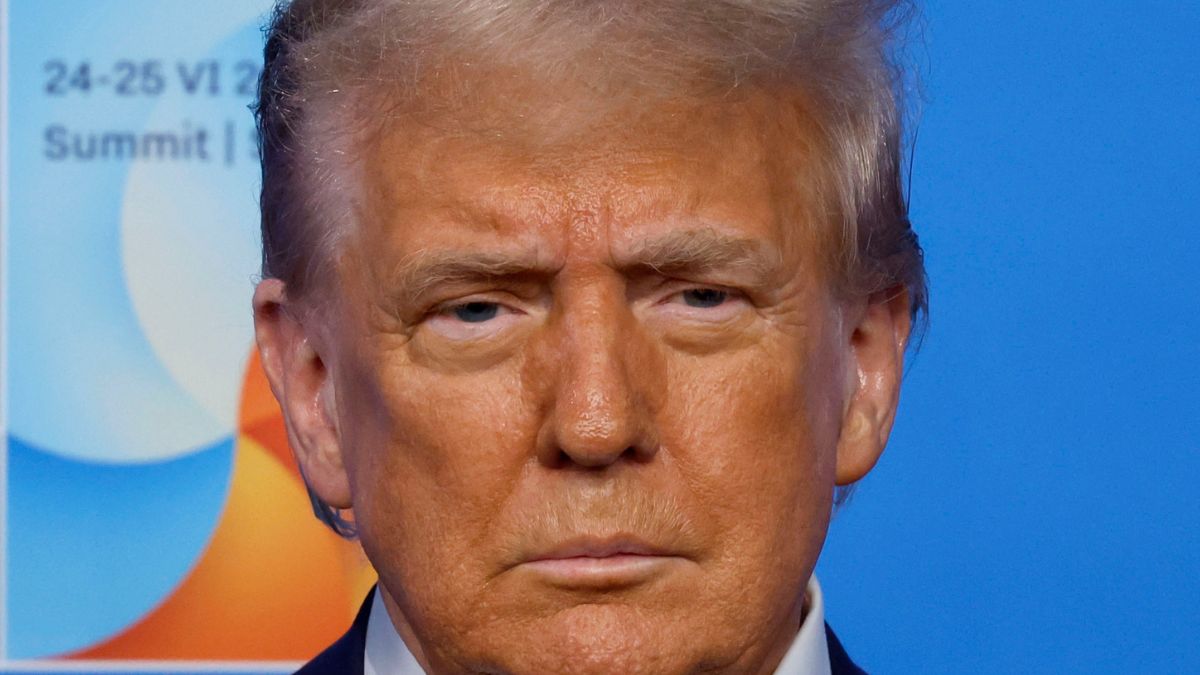
Germany is undergoing a major change in its military strategy, fueled by ongoing worries about Russia’s war in Ukraine and shifting global politics.
This big shift marks a clear break from decades of strong anti-military sentiment, a mindset shaped by the terrible legacy of Nazi Germany and World War II.
Chancellor Friedrich Merz is leading this effort, pushing for a major boost in defense capabilities, including buying advanced weapons, significantly increasing the number of soldiers, and even possibly bringing back mandatory military service for young people. The push for this change has been reinforced by demands from other countries and concerns about whether traditional allies can be trusted. At a recent NATO meeting, leaders officially agreed to a higher yearly military spending goal, aiming for five percent of each country’s gross domestic product.
According to Washington Post, Trump said the build-up in military spending, which he demanded from NATO was “a good thing… But, you know, at least to a certain point. There’ll be a point when I’ll say, ‘Please don’t arm anymore.’”
Germany is building its army again
For Germany, which has Europe’s biggest economy, this means a huge financial commitment. Defense spending is expected to jump from $100 billion in 2025 to $177 billion by 2029 to meet NATO’s 3.5 percent target for core military expenses, which includes troops and weapons. On top of that, around $76 billion will be spent on related infrastructure improvements, like fixing roads and bridges to handle heavy military vehicles. Altogether, this is Germany’s biggest military buildup since the Cold War ended.
— Mario Nawfal (@MarioNawfal) May 23, 2025
GERMANY JUST PARKED TANKS IN LITHUANIA — AND RUSSIA'S WATCHING
Germany just did something it hasn’t done since World War II: it permanently stationed a military brigade in another country. Yeah. Big deal.
They dropped around 400 soldiers (soon to be 5,000) into Lithuania,… pic.twitter.com/8Ce1fIiOPT
However, this fast move toward a stronger military, especially the plan to pay for it by taking on more national debt, has caused a lot of debate and concern in Germany. Even within Merz’s own government, some officials worry the country is moving too far, too fast. To support the military expansion, the German parliament approved a change to the constitution in March to loosen strict limits on borrowing and set up a special fund of $585 billion. However, there has been strong opposition from members of the center-left Social Democratic Party, which is part of Merz’s coalition government.
Some party members recently signed a controversial statement arguing that there’s no real security reason to lock in yearly defense budget increases at 3.5 or 5 percent of GDP. They claimed that “fear-driven military talk and massive rearmament plans” won’t make Germany or Europe safer—instead, they could create more tension and make NATO and Russia see each other as bigger threats. Despite this disagreement, Defense Minister Boris Pistorius, a Social Democrat who is helping lead the military expansion, called the critics out of touch, while Chancellor Merz has insisted the coalition remains united in supporting Ukraine.








